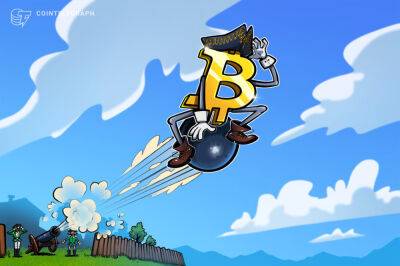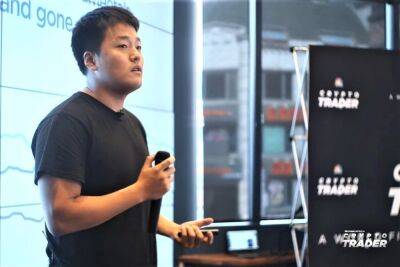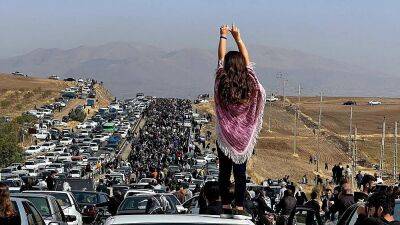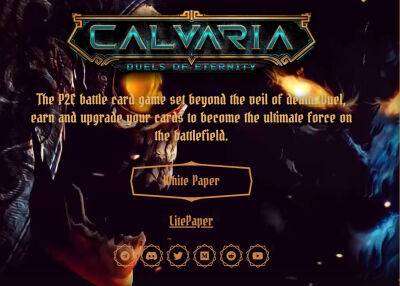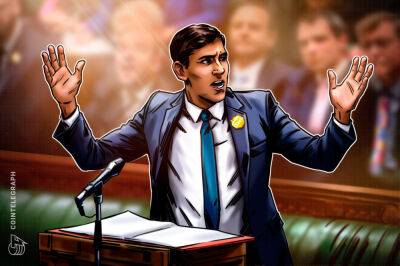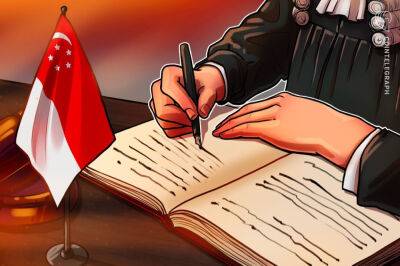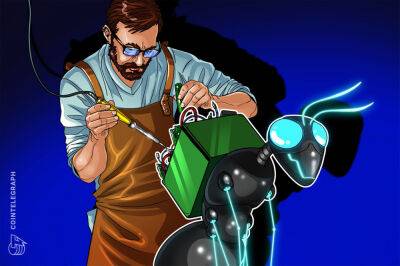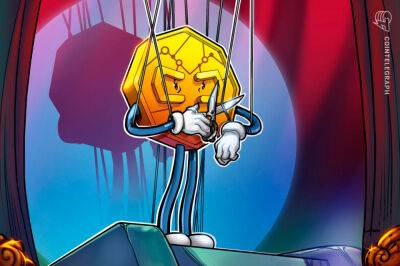Britain’s economic crisis offers an opportunity for new ideas – Labour must be ready
When Liz Truss and her chancellor drew up the policies that crashed the pound and threatened pension funds, they were working to a blueprint devised in the Hotel du Parc of Mont-Pèlerin in 1947.
Among those gathered were the economists Friedrich Hayek and Milton Friedman and the philosopher Karl Popper, and they were profoundly depressed. “The central values of civilisation are in danger,” they declared, caused by a “decline of belief in private property and the competitive market” after the Great Depression and world wars. They fleshed out a belief that the state and collectivism were mortal threats to the individual’s ability to succeed: Margaret Thatcher and her would-be torchbearer Truss would come to follow it with zeal.
The neoliberals, as they became known, used their political exile wisely, going on to found thinktanks such as the Institute of Economic Affairs and the Adam Smith Institute to lay the intellectual foundations and find funders. But what these ideologues really needed was turmoil. “Only a crisis – actual or perceived – produces real change,” Friedman observed. “When the crisis occurs, the actions that are taken depend on the ideas laying around.”
In a foreshadowing of today, the surging inflation of the 1970s – back then, spurred on by a massive oil shock – offered that opportunity. As unions went on strike to defend falling real wages, Thatcher cleverly wove a story of individual effort stifled by the state. “We believe that everyone has the right to be unequal,” she declared, arguing that while ordinary workers were crucial to society, there were “others with special gifts who should also have their chance”. That meant slashing taxes for the rich, flogging off state assets and hobbling trade unions in
Read more on theguardian.com




